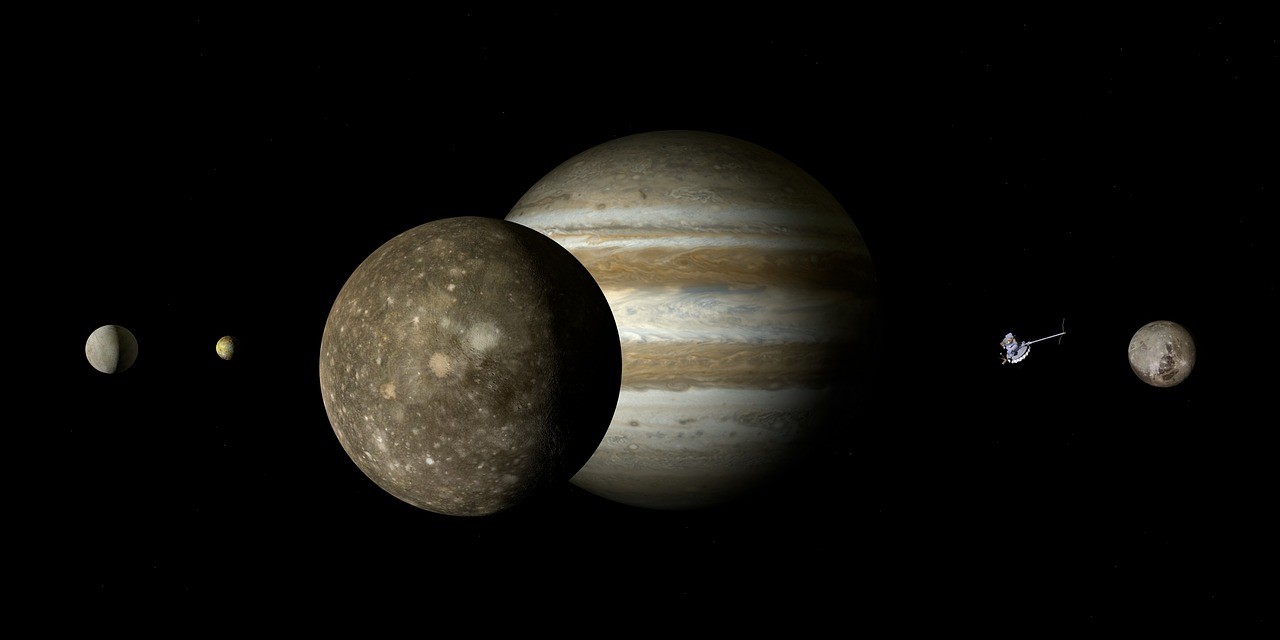Are humans destined to become an interplanetary species? Some think so. Naturally, such an overshoot would involve many challenges, among which are food issues. And it could get out of hand.
In a more or less distant future, humans could invade the entire Solar System, or at least rub shoulders with the giants Saturn and Jupiter. Dr Charles Cockell, from the University of Edinburgh, and Dr Cameron Smith, the anthropologist at Portland State University, recently spoke to Metro to discuss the challenges these future settlers of space based on two possible examples of exploration:those of the moons Callisto and Titan.
These two leading researchers agree with others that it would be wise to spread the species throughout the Solar System as an "insurance policy" against the 'extinction. According to them, in addition to the technical and behavioral challenges inherent in such journeys, there will inevitably be the problems of food shortages and diseases.
"If agricultural and cultivation systems failed, colonizers would likely face very serious consequencesunless they were provided with Earth regular supplies . If they are too far away or if the Earth collapses completely, it might not be possible “, notes Dr. Cockell. If necessary, these future explorers could even turn into cannibals.
To emphasize his point, the researcher makes a reference to Sir John Franklin's exploration of the Arctic in 1845, which eventually led to some men eating their own mates . “The crew had attempted to find the Northwest Passage on ships in the late 19th century. These were the most sophisticated pieces of technology available at that time “, points out Dr. Cockell. “They also had canned food. Again, this was brand new. And yet, they failed and the situation ended up degenerating. Conclusion:even with the best technology, isolated human communities can degenerate very quickly “.

Dr Cameron Smith also agrees that food supply will be a key issue. “One of the first things they would have to do would be to establish a really good farming system and store a lot of food in it “, he explained.
A now familiar problem, disease, is also high on the anthropologist's list of challenges, at least for the first two generations. He therefore argues in favor of a large population divided into autonomous colonies able to self-quarantine if needed.
While this might seem like a pretty grim prediction, Smith and Cockell's post actually serves as more of a warning. According to them, these future culture systems should be tested and refined on places like the Moon and Mars before colonizers are thrust into the far reaches of space.